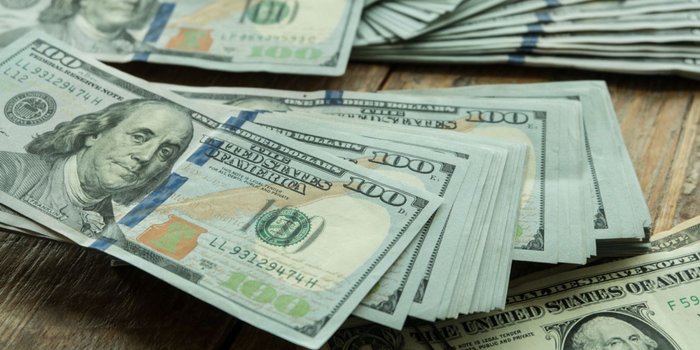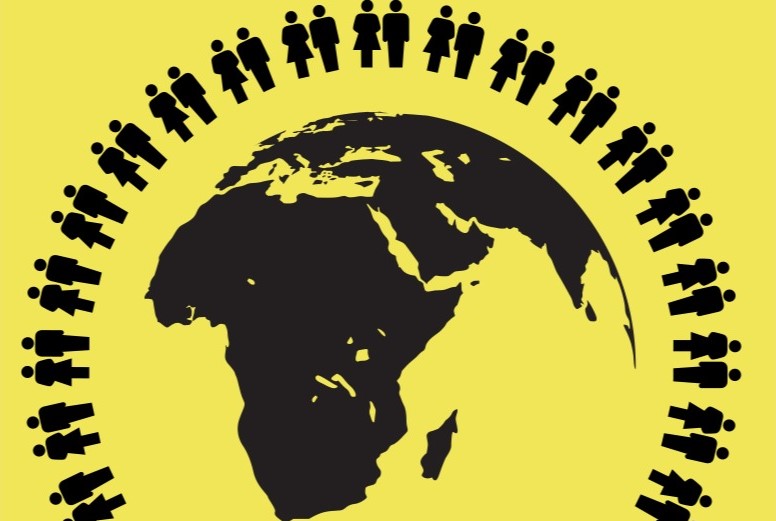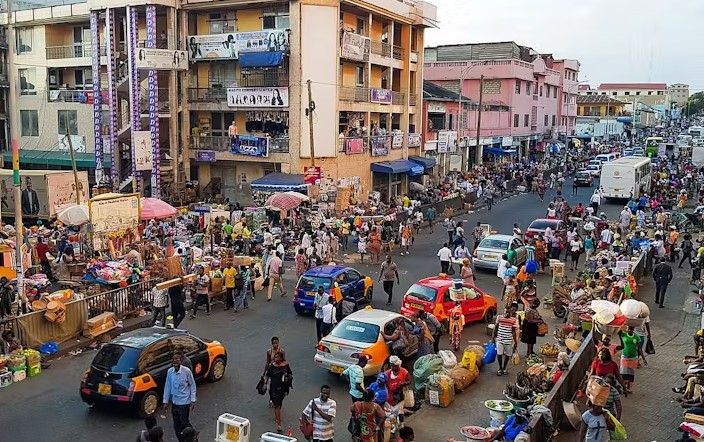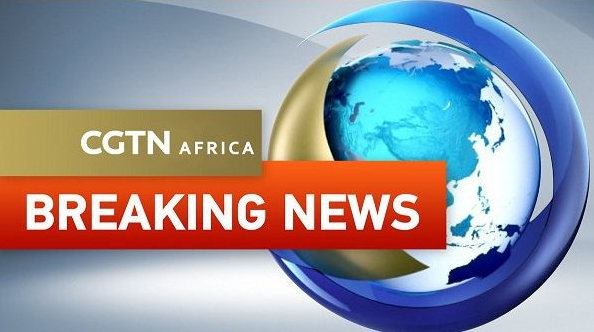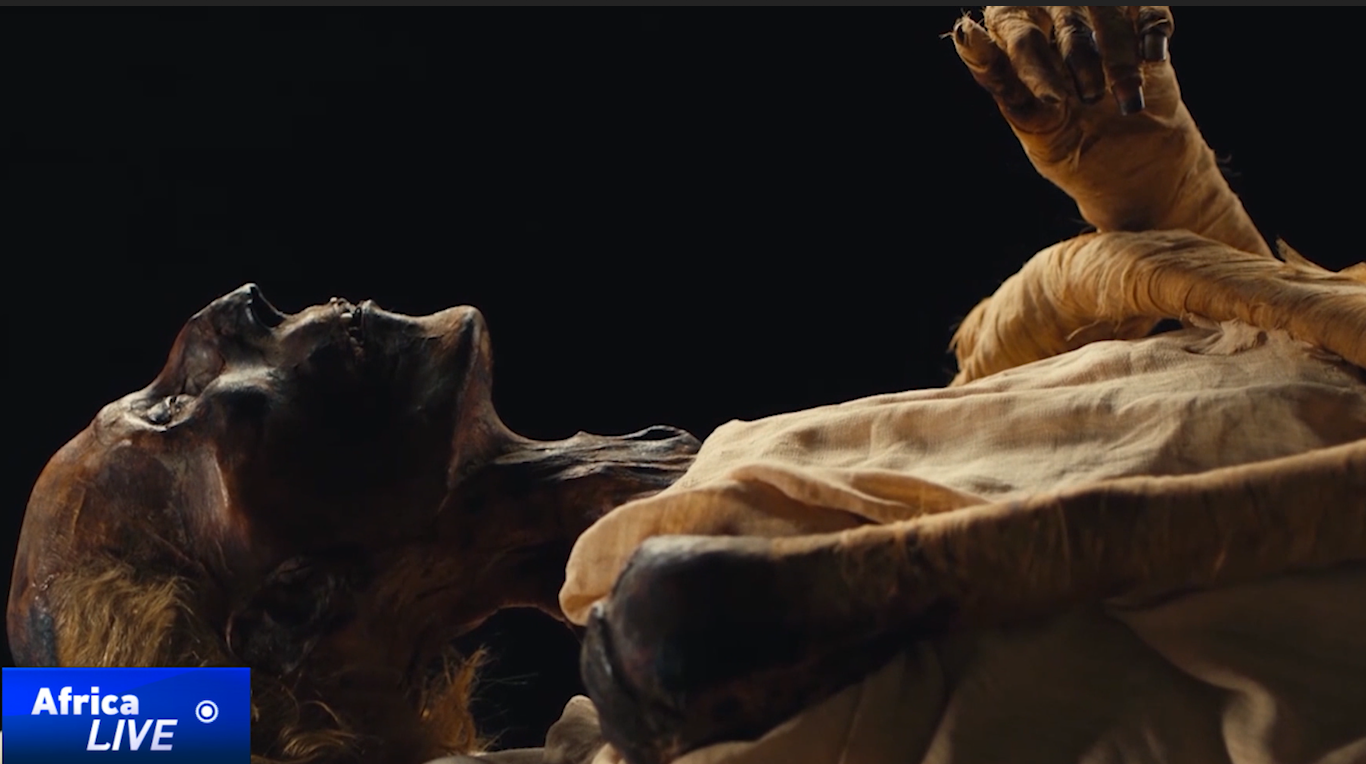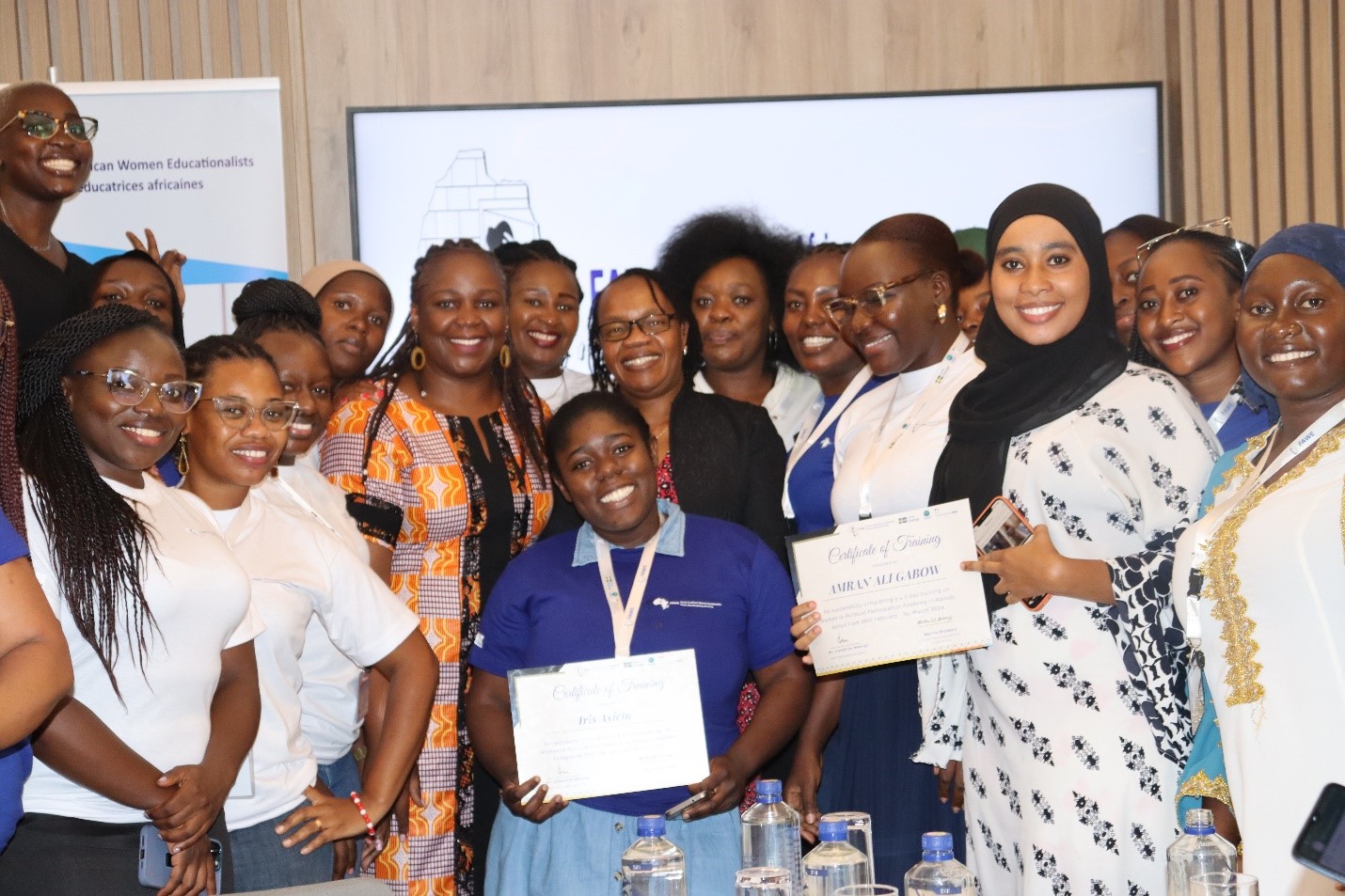
Barriers still exist for women in political participation
In Africa, the journey towards achieving gender parity in political representation remains an arduous one.
Despite decades of advocacy and international commitments made by African governments since 1995 with the Beijing Platform for Action, the pace of progress is sluggish.
According to UN Women, if current trends persist, gender parity in African legislative bodies won’t materialize for 130 years.
As the world marks International Women’s Day, several participants from the recently held Women in Political Participation Academy (WPP) underscored the need for inclusion for women. In their discussions, they decried that African men continue to dominate political spheres, with women occupying only 26 percent of parliamentary seats across the continent.
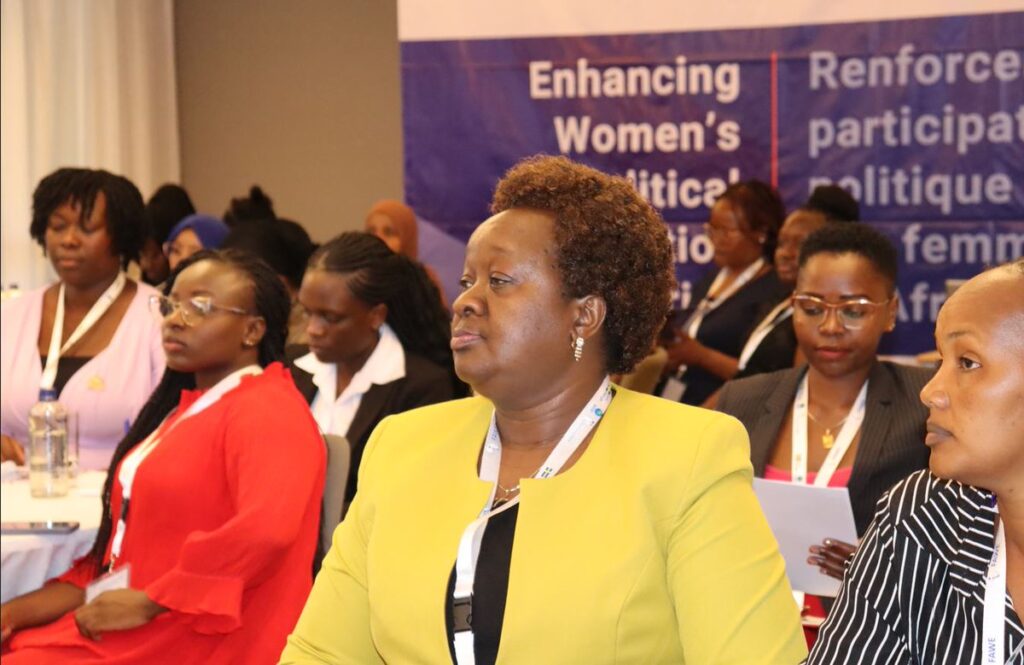
‘’As a woman politician, you are starting from a disadvantaged stage, the platform is not even’’, Former Deputy Head of Mission, The Hague, Amb. Judith Sijeny said.
The WPP academy convened by Forum for African Women Educationalists (FAWE) seeks to help women gain more leadership roles in politics.
Former Nairobi County Education Chief Officer, Janet Muthoni Ouko is one of the beneficiaries of the academy.
‘’We have come a long way as women to gain a fair share of political power, but the gains should not be ignored,” Janet Muthoni Ouko, said.
With four women as heads of state, Africa demonstrates progress in breaking gender barriers at the highest levels of leadership.
Rwanda emerges as a beacon of hope, boasting over 60 percent female representation in its Chamber of Deputies.
”One of the other things that has been outstanding in Rwanda is the political parties actually play a big role in allowing women to participate, they participate within the political party and when they go into the election they stand an opportunity”, WPP Programme Manager at International Institute for Democracy and Electoral Assistance (International IDEA) Josephine Mwangi said.
Globally, the increase in women’s parliamentary representation since 1995 has been marginal, with Latin America leading at 36 percent, followed by Europe and North America at 32 percent.
These figures spotlight a universal struggle for gender equality in governance.
“Women are not homogenous. They have segments and demographics. Persons with disability need to experience the benefits of inclusion so that they meaningfully participate in the politics of their country and beyond, “ WPP Programme Manager at International IDEA added.
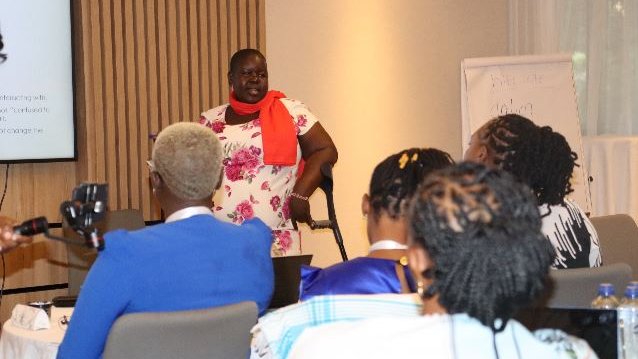
While there is no official data on the representation of women in disabilities in political decision-making, Caroline Agwanda, a disability advisor of the governor in Kisumu County now says an inclusive electoral process is key to achieving sustainable development.
‘’A lot of disability awareness creation needs to be done, and awareness creation to the duty bearers. There is a need to showcase best practices for persons with disabilities who have made it in leadership, it will encourage other people’’, Agwanda says.
Policymakers are now being urged to ensure the inclusion of women in politics by enacting gender-responsive legislation.


